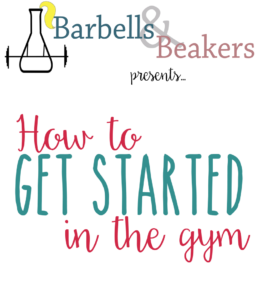Cortisol is one of those hormone buzz words that is making its way around the diet industry right now, especially in respect to how it helps or hinders fat loss. People advocate for a stress free lifestyle in hopes that you lower your cortisol levels, or talk about exercising during the morning or the night depending on your cortisol levels, or even not eating breakfast because of its effect on cortisol. I think before you make a decision on what to believe, you should get a little more information about cortisol and what exactly it does.
Cortisol is a hormone that comes from the adrenal glands, which are located right above the kidney. It really has a few main functions: raise blood sugar through gluconeogenesis (making “sugars” for your body to utilize when it doesn’t have any carbs immediately), to suppress the immune system (which is why you use them with some allergic and autoimmune conditions), and also to help with fat, protein and carbohydrate metabolism.
When the diet industry is talking about cortisol they usually are referring to its role in gluconeogenesis and glycogenolysis (breaking down glycogen, the stored form of carbohydrates in the liver, for energy). This is where things get tricky – cortisol can both help and hinder these scenarios. For example, long-term elevations in cortisol can lead to muscle wasting. While cortisol does break down fat, it’s also shown in some conditions to SUPPRESS the break down of fat.
Like stated above, cortisol is released in times of stress. If you’re running away from a bear cortisol is one of the hormones that tells your body to stop digesting your food and start running…fast. Cortisol is also a hormone that tells your body it’s time to wake up, which is why it’s highest in the morning.
Cortisol literally has a hand in every body system you can think of. From counteracting insulin to controlling diuresis, cortisol is involved. When you’re reading studies or claims about how cortisol will help or hinder your lifestyle don’t think of cortisol as a bad hormone. Remember instead that hormones exist in a balance in our system and we must pay close attention to how they make us feel. If you feel like you have a medical problems that may be related to excessively high or excessively low cortisol it’s important to contact your doctor and schedule an appointment.
Remember, like anything there are no “good” or “bad” hormones, foods, etc. there are only imbalances in the system.
